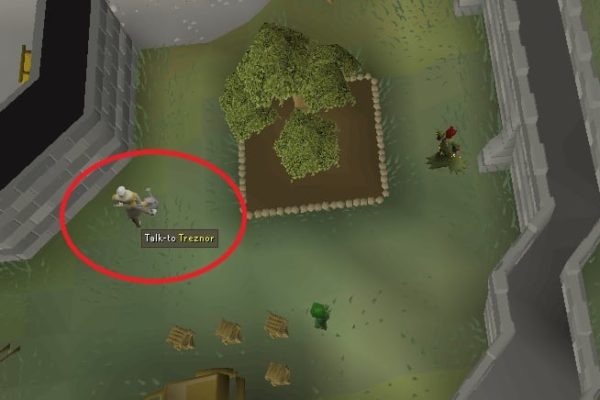The global mobile gaming market is worth more than $100 billion per year. That figure is growing at an annual rate of around 15 percent. Industry commentators predict that rate will accelerate over the coming years, as mobile gaming’s popularity spreads from the heartlands of the US, Japan and Korea to emerging markets across the globe.
Mobile gaming provides entertainment for billions and career opportunities for millions. But every success story has a dark side. It is inevitable that such a vast market generating such vast sums will also attract its share of scammers and fraudsters.
Indeed, there are entire subsectors within the mobile gaming niche that are dedicated to keeping one step ahead of the cybercriminals and keeping mobile gamers safe. However, companies that manufacture locks for doors must keep developing improvements as it is only a matter of time before burglars work out how to breach the latest and greatest home security. The same applies with mobile safety, and it is a constant battle to stay one step ahead.
Exploiting a crisis into an opportunity
Some scammers are ready to exploit any situation. During the dark days of 2020, people across the US and the world turned to their smartphones, both to stay in touch and to keep entertained and distracted. Game downloads went through the roof, and so did scammer activity. Blocked attempts to divert mobile gamers to malicious sites surged more than 50 percent in April 2020.
Today, the number of mobile gamers continues to grow. So does the effort made by bad actors to use mobile gaming as a means of accessing sensitive personal data. Here, we look at three of the latest mobile threats in 2023 and what you can do to ensure your mobile gaming experience remains safe.
Account Takeovers attempted on casino players

It stands to reason that iGaming will be particularly attractive to online criminals, as this is a niche in which real money changes hands, money which a canny criminal might be able to redirect. An Account Takeover is when a scammer gains illegal access to a player’s account and can essentially either perform payments or commit identity fraud. When attempting to do the latter, personal data is often purloined and then sold on the dark web to equally shady third parties.
There is plenty that conscientious casino players can do to mitigate this risk. First, be certain that the casino you visit has the right attitude towards safety and is appropriately licensed by a respected body. Players in the US can check https://www.legitgamblingsites.com/online-casinos/safest/ for a list of the safest online casinos to visit. Secondly, do not share personal information with third parties. Scammers typically try to ingratiate themselves through seemingly innocent chat that turns to casually asking information such as location, date of birth or contact details and can even lead to them luring people into clicking on an infected link.
Piracy and unauthorized downloads are flooding the internet
Any mobile game enthusiast will have seen those shady-looking websites where you can download games for free or for a nominal sum when they cost several dollars from the official app store.
Of course that ought to get players wondering, and many acknowledge that it does not smell right and they steer clear. For others, however, the chance to download Slay the Spire or GTA: San Andreas and save five dollars or so is just too much to resist.
These pirate copies are often full of bugs – and they also steal revenue that should go to the developer. In 2022, downloads of unauthorized and pirated materials accounted for an incredible 24 percent of internet bandwidth, and right now, the problem is on the increase. Don’t be tempted by this false economy.
DDoS attacks are targeting cloud gamers
Another type of attack that has appeared from almost nowhere is Distributed Denial of Service (DDoS). This uses a vast number of bots, sometimes known as zombies, to spoof hundreds of thousands of IP addresses and essentially to crash a server.
There can be various ways they do this, from syn floods where they essentially block the traffic by sending constant network errors out to servers and equipment. Another option is Volumetric attacks, in which malware is surreptitiously included with regular game data.
Protecting yourself from DDoS attacks is not straightforward. Anti-DDoS technology is developing at a similar rate of progression as DDoS strategies develop. In the meantime, gamers are advised to simply be patient when cloud-based game servers are besieged in this way.





